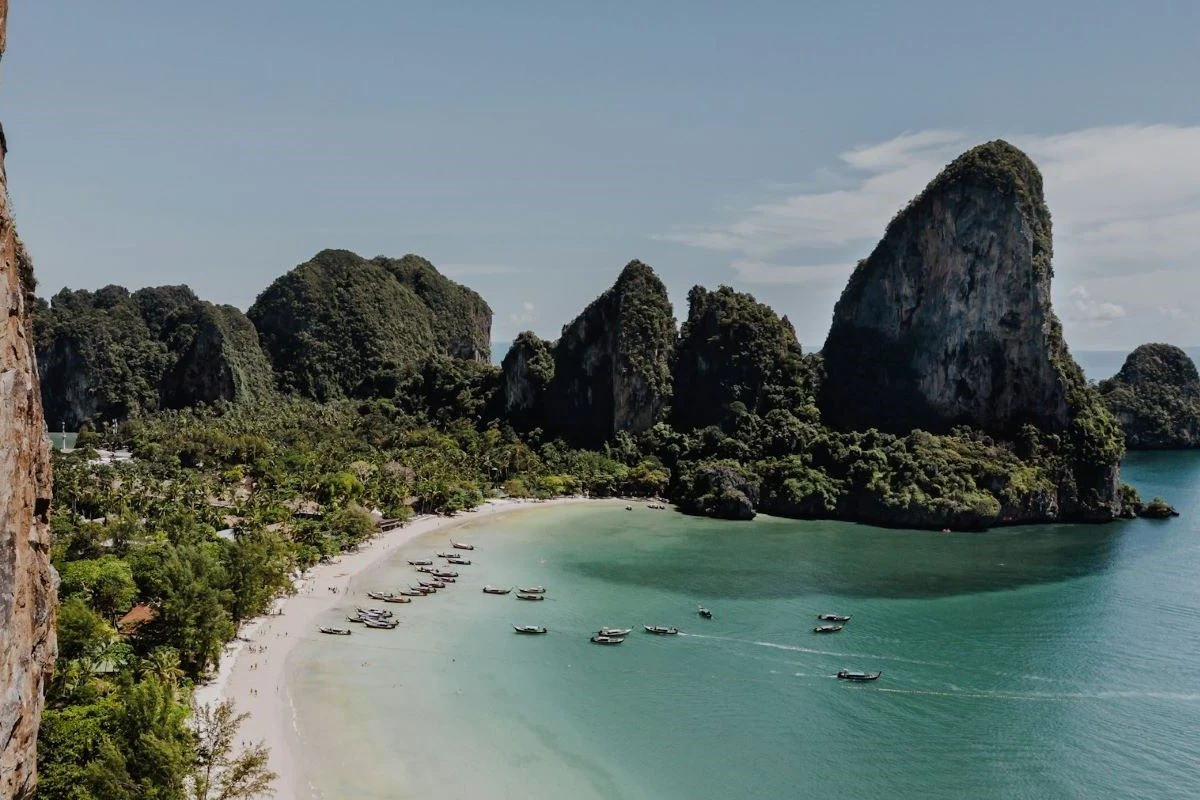Visitors to Thailand increased with its appearance in HBO’s “The White Lotus”. But the numbers are down again, and pundits are divided on the role of casinos as a solution.
Both sides of the Thailand casino debate say a decline in tourism supports their positions about gaming complexes in the country.
Thailand saw a lift in international visitation after it was prominently featured in the HBO anthology series “The White Lotus”. Season 3 of the series showcased the metropolitan and natural splendours of Bangkok and Phuket, both earmarked as possible casino resort locations, as well as the island of Koh Samui.
Hotels featured in the show saw travel inquiries grow by as much as 300%, with bookings up 40%, reported the Mirror US. Dillip Rajakarier, CEO of Minor Hotels, told the publication he anticipated “both immediate and lasting benefits for Thailand” from the so-called “White Lotus effect”.
But he was wrong.
Casino resorts: Panacea or problem?
To date this year, almost 1 million fewer Chinese tourists have visited Thailand than in 2024, reports the Straits Times. In May, international arrivals dropped 14% to 2.6 million. The decline was greatest among tourists from the country’s top feeder markets: China, Malaysia, Russia, South Korea and India. According to the Thailand Foreign Office, “These markets remain essential to Thailand’s tourism industry, sustaining overall visitor numbers.”
Casino operators say entertainment complexes with gaming would boost tourism and buoy the overall economy. “Thailand tourism needs a reboot,” said Galaxy Entertainment Chief Brand Officer Kevin Clayton at a recent industry roundtable in Bangkok. Entertainment complexes with gaming are an “important strategy to fuel incremental growth”, he added.
People’s Party spokesman Parit Wacharasindhu disagreed. He countered that China — Thailand’s largest source of foreign tourists — could retaliate if the kingdom goes into the gambling business, up to and including adding it to a tourism black list.
Beijing opposes cross-border gambling and forbids Chinese nationals to patronise casinos even in jurisdictions where they are legal. The People’s Republic also looks askance at markets that woo Chinese gamblers. When Chinese President Xi Jinping received a visit from Prime Minister Paetongtarn Shinawatra in February, he warned her that casinos in Thailand could lead to crime and social problems like gambling addiction.
“I told Xi that we certainly welcome his comments and will take them into consideration,” Paetongtarn said at the time. “Thailand and China are close, like brothers.”
Parit’s stance might be summed up as: “Don’t incur Big Brother’s wrath.”
Downturn tied to kidnapping, earthquake
Clayton said China’s fight against cross-border gambling is less relevant with the decline of the junket industry. He linked the tourism slump to recent events starting with the high-profile kidnapping of Wang Xing. In January, the Chinese actor was lured to Thailand by the offer of a job, then abducted, taken to Myanmar and forced to work in an online scam centre. He was rescued four days later.
In March, Thailand was rocked by a 7.7 magnitude earthquake that toppled a Bangkok high-rise. And this month, armed skirmishes at the border of Cambodia garnered headlines.
Clayton said these reports have prompted a “reassessment of Thailand as a destination”.
“Affordability and accessibility will always be key considerations for many travelers before making a decision on a vacation,” Clayton observed. “But safety will always rank above all else.”
Understandably, he said, “Chinese are deciding against Thailand and preferring other more favorable destinations like Japan, South Korea and Singapore” — all of which host casino resorts.
Parliament to review legislation in July
Next month, the Thai Parliament will review the draft law for entertainment complexes with casinos.
Incentives include estimated gross gaming revenue of up to THB308 trillion ($9.1 billion) per year, which would make Thailand the world’s third-largest market after Macau and Las Vegas.
The government anticipates casinos would provide a 5% to 10% rise in overall foreign visitor numbers; a spike in tourism revenue of as much as THB220 billion; and the creation of 9,000 to 15,000 new jobs.
